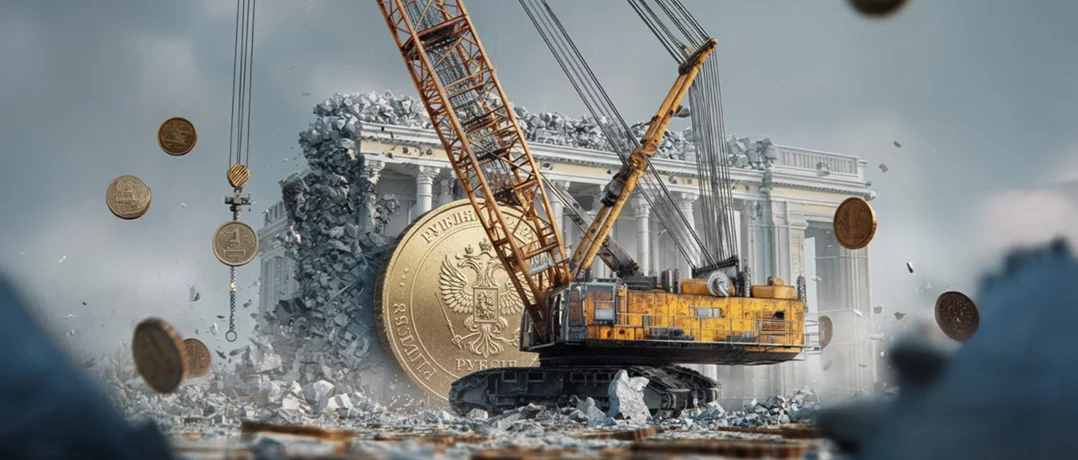The European Union is advancing a groundbreaking plan to provide Ukraine with up to €140 billion in loans backed by profits from frozen Russian assets, aiming to hold Russia financially accountable for war damages while navigating complex legal and political challenges within the bloc.
EU floats ‘reparations loan’ for Ukraine, tied to frozen russian assets
EU floats ‘reparations loan’ for Ukraine, tied to frozen russian assets


Brussels The European Union is advancing a landmark proposal to provide Ukraine with a massive loan package backed by profits from frozen Russian state assets a mechanism officials describe as a form of “reparations in advance.”
European Commission President Ursula von der Leyen said the plan would deliver between €130 and €140 billion to Kyiv over the next two years, helping cover wartime expenditures, reconstruction, and budget shortfalls.
Unlike conventional aid, the funds would be structured as a zero-interest loan, to be repaid only if and when Russia pays reparations for its invasion. “This is about making the aggressor not European taxpayers shoulder the burden of destruction,” von der Leyen told reporters in Brussels, calling the initiative “a message of accountability.”
Turning frozen assets into leverage
The proposal hinges on roughly €200 billion in Russian central bank assets immobilized within the EU, most of them managed through the Brussels-based clearing house Euroclear. While outright seizure of those assets could violate international law, EU lawyers argue that redirecting interest and cash balances generated by them is legally defensible a distinction that could set a precedent in international finance.
Member state divisions
The plan is already exposing fractures within the bloc. Belgium, home to Euroclear, has demanded burden-sharing guarantees to protect its financial sector from potential legal and diplomatic fallout. Conversely, Denmark and several Eastern European governments have endorsed the initiative, framing it as both a moral imperative and a strategic necessity to sustain Ukraine’s resistance.
Moscow’s reaction
The Kremlin has denounced the idea as “state theft.” A Russian government spokesman warned that any attempt to channel frozen assets to Ukraine would trigger “tough consequences,” though he declined to specify what form they might take.
Legal and political hurdles
Within the EU, the proposal faces complex procedural barriers. Sanctions regimes immobilizing Russian reserves must be renewed unanimously, giving any member state potential veto power. Some officials have floated a shift to qualified-majority voting to avoid deadlock, but that change would itself ignite fierce political debate.
Kyiv’s lifeline
For Ukraine, the stakes could hardly be higher. The government is confronting a deep budget deficit, spiraling reconstruction costs, and uncertainty over future Western military aid as the war drags on.
President Volodymyr Zelensky has repeatedly urged allies to “make Russia pay,” hailing the Brussels initiative as a long-awaited move toward justice.
Next steps
EU officials say technical negotiations will continue in the coming weeks, with leaders expected to debate the framework at an upcoming summit.
Whether the bloc can overcome its legal constraints and political divides remains uncertain, but the initiative marks the EU’s most ambitious attempt yet to directly link Ukraine’s recovery to Russia’s war damages, effectively turning frozen assets into a future bill for the Kremlin.


